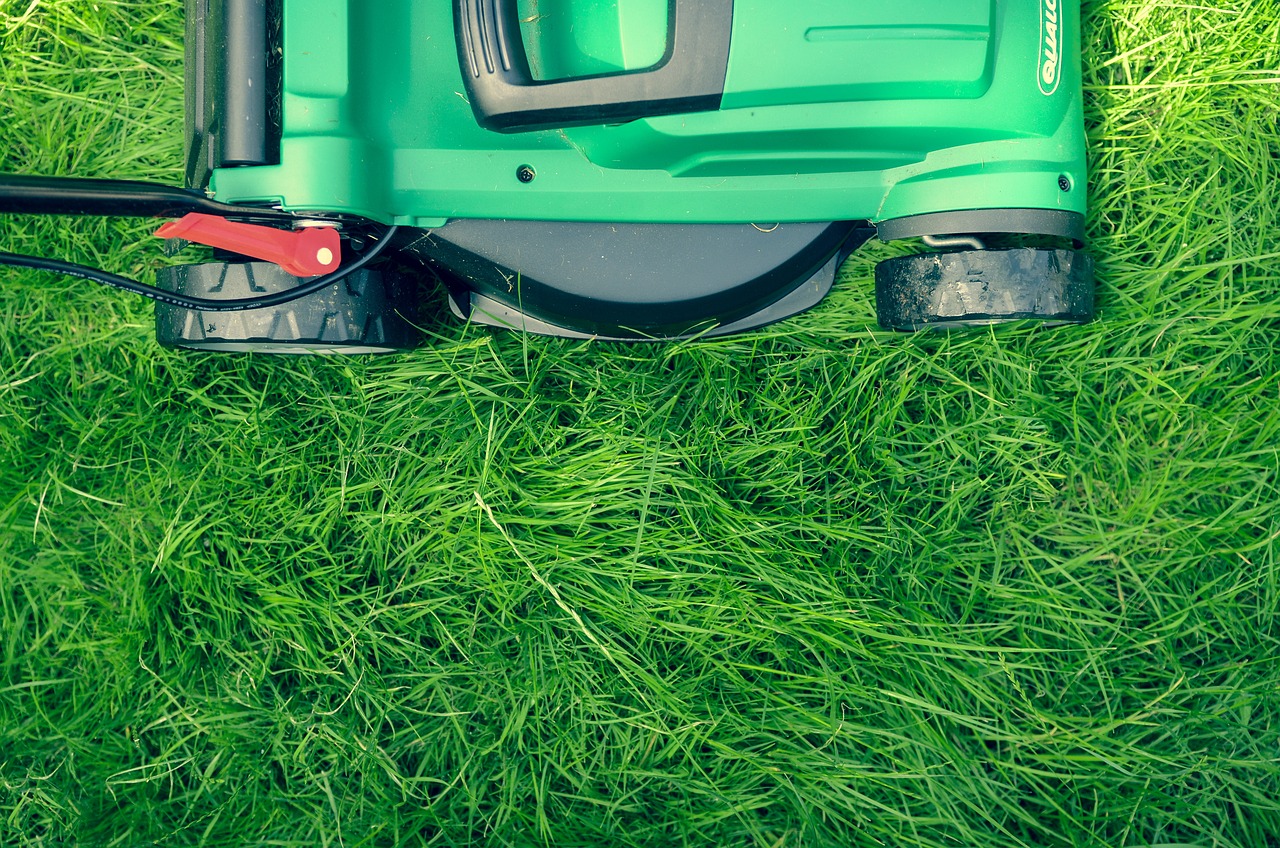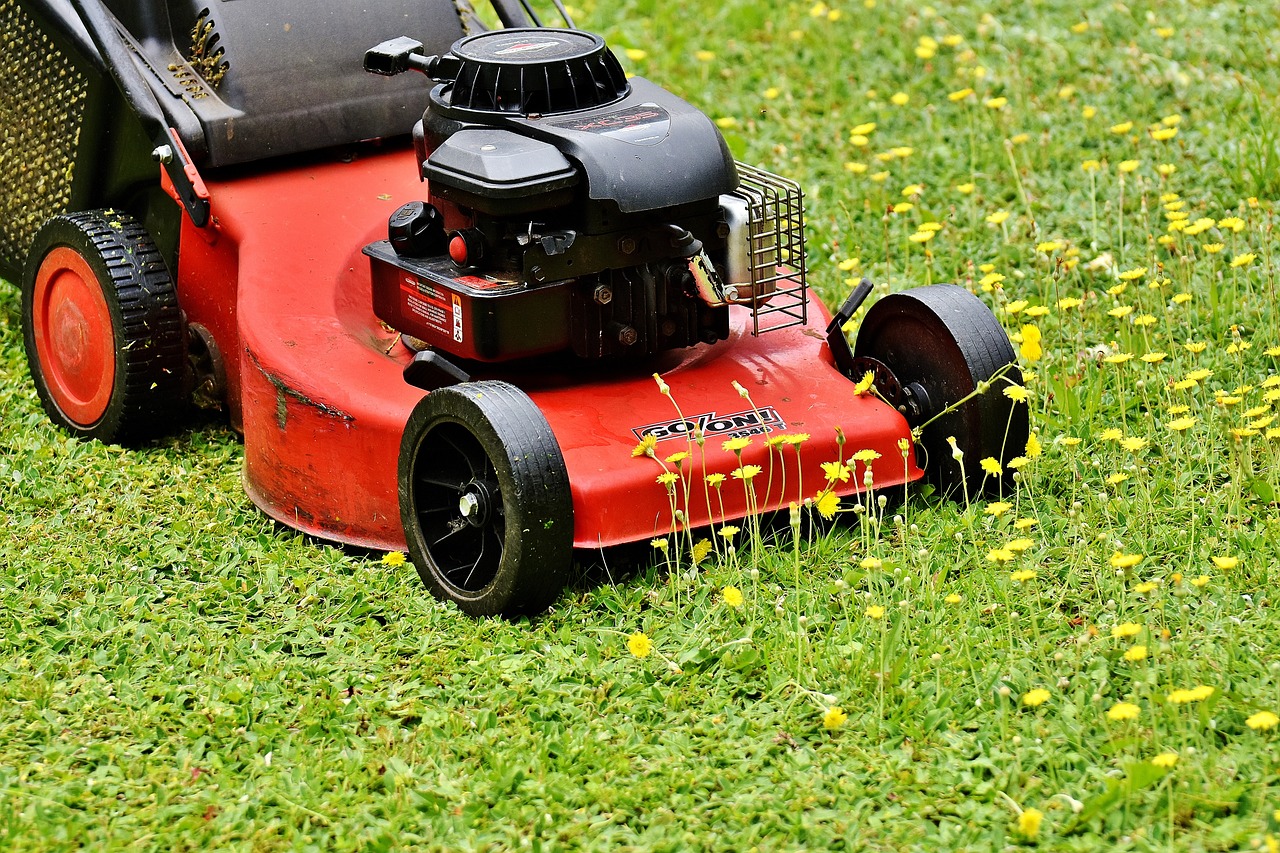Choosing the right lawn mower is crucial for maintaining a well-groomed yard. With the growing popularity of electric models and the tried-and-true performance of gas mowers, homeowners face a significant decision. This comprehensive guide compares electric and gas lawn mowers, examining their features, benefits, drawbacks, and overall impact on your lawn care routine.
Overview of Electric and Gas Lawn Mowers
The fundamental differences between electric and gas lawn mowers lie in their power sources, which significantly influence their performance, maintenance requirements, and environmental impact. Understanding these basic distinctions is essential for making an informed decision that aligns with your lawn care needs and personal preferences.
Key Features of Electric Lawn Mowers
Electric lawn mowers have gained popularity due to their eco-friendly nature and low maintenance requirements. They come in two main types: corded and cordless (battery-powered).
- Quiet operation
- Zero direct emissions
- Lightweight and easy to maneuver
- Push-button start
- Low maintenance needs
- Available in corded and cordless models
- Suitable for small to medium-sized lawns
Key Features of Gas Lawn Mowers
Gas lawn mowers have been the traditional choice for many homeowners, known for their power and ability to handle larger lawns.
- Powerful engines for tough mowing jobs
- No cord restrictions or battery life limitations
- Suitable for large lawns and tall grass
- Available in self-propelled models
- Durable and long-lasting with proper maintenance
- Can handle wet grass more effectively
- Wide range of cutting widths available
Pros and Cons of Electric Lawn Mowers
Electric lawn mowers offer several advantages that make them an attractive option for many homeowners, particularly those with smaller lawns or those prioritizing environmental factors. However, they also come with certain limitations that should be considered.
Benefits of Electric Lawn Mowers
| Benefit | Electric Mowers | Gas Mowers |
|---|---|---|
| Environmental Impact | Low emissions | Higher emissions |
| Noise Level | Quiet operation | Louder operation |
| Maintenance | Minimal | Regular maintenance required |
| Start-up | Easy push-button start | Pull-cord start (typically) |
| Weight | Lightweight | Heavier |
| Operating Cost | Lower long-term costs | Higher fuel and maintenance costs |
Drawbacks of Electric Lawn Mowers
- Limited runtime for cordless models (typically 30-60 minutes)
- Less powerful than gas mowers, may struggle with thick or wet grass
- Corded models restrict mobility and require managing the cord
- Longer charging times for cordless models
- Generally not suitable for large lawns (over 1/4 acre)
- Higher upfront cost for quality cordless models
Pros and Cons of Gas Lawn Mowers

Gas lawn mowers have been the go-to choice for many homeowners due to their power and versatility. However, they also come with their own set of challenges that potential buyers should consider.
Benefits of Gas Lawn Mowers
| Benefit | Gas Mowers | Electric Mowers |
|---|---|---|
| Power | Higher power output | Lower power output |
| Run Time | Unlimited (with fuel) | Limited by cord or battery |
| Cutting Width | Typically wider | Generally narrower |
| Handling Tough Conditions | Better for wet or thick grass | May struggle with tough conditions |
| Suitability for Large Lawns | Ideal for large areas | Limited to smaller areas |
| Resale Value | Generally higher | Typically lower |
Drawbacks of Gas Lawn Mowers
- Higher environmental impact due to emissions
- Noisy operation
- Regular maintenance required (oil changes, air filter replacements, etc.)
- Heavier and can be harder to maneuver
- Need to store and handle gasoline
- More expensive to operate due to fuel costs
- Pull-cord start can be difficult for some users
Cost Comparison
When considering the cost of a lawn mower, it’s important to factor in both the initial purchase price and the long-term operating costs. These can vary significantly between electric and gas models.
Initial Purchase Cost
| Type | Price Range | Average Cost |
|---|---|---|
| Corded Electric | $100 – $250 | $175 |
| Cordless Electric | $200 – $500 | $350 |
| Gas Push Mower | $150 – $400 | $275 |
| Gas Self-Propelled | $300 – $900 | $600 |
Long-term Maintenance and Operating Costs
Considering the long-term costs is crucial for making an economical decision:
- Fuel costs (gas mowers)
- Electricity costs (electric mowers)
- Battery replacement (cordless electric mowers)
- Oil and filter changes (gas mowers)
- Spark plug replacements (gas mowers)
- Blade sharpening (both types)
- Potential repair costs
Environmental Impact

As environmental concerns become increasingly important, the ecological footprint of lawn care equipment is a significant factor for many homeowners.
Emissions and Energy Consumption
| Factor | Electric Mowers | Gas Mowers |
|---|---|---|
| Direct Emissions | Zero | 88 lbs CO2/year (avg) |
| Energy Source | Grid electricity (varies) | Gasoline |
| Energy Efficiency | 75-80% efficient | 20-25% efficient |
| Carbon Footprint | Lower (depends on power source) | Higher |
Noise Pollution
Noise levels can significantly impact both the user and the surrounding neighborhood:
- Electric mowers: 65-75 decibels
- Gas mowers: 95-105 decibels
- Potential for neighborhood noise complaints (gas mowers)
- Less disruption to wildlife (electric mowers)
User Experience
The overall user experience plays a crucial role in satisfaction with a lawn mower purchase. Factors such as ease of use, convenience, and maintenance requirements can greatly influence this experience.
Ease of Use and Convenience
| Feature | Electric Mowers | Gas Mowers |
|---|---|---|
| Starting Mechanism | Push-button | Pull-cord (typically) |
| Weight | Lighter (20-50 lbs) | Heavier (60-90 lbs) |
| Maneuverability | Easier to push and turn | More effort required |
| Refueling/Recharging | Plug in or recharge battery | Refill gas tank |
| Storage | Compact, can be stored vertically | Larger, horizontal storage |
Maintenance Requirements
Regular maintenance is key to ensuring the longevity and performance of your lawn mower:
Electric Mowers:
- Clean after each use
- Sharpen blades annually
- Check and replace battery (cordless models)
- Minimal additional maintenance
Gas Mowers:
- Clean after each use
- Sharpen blades annually
- Change oil regularly
- Replace air filter
- Replace spark plug
- Winterize for off-season storage
Conclusion
Choosing between an electric and gas lawn mower depends on your specific needs, preferences, and lawn characteristics. Consider these key points when making your decision:
- Lawn Size: Electric for small to medium, gas for large lawns
- Environmental Impact: Electric mowers are more eco-friendly
- Maintenance: Electric mowers require less maintenance
- Power Needs: Gas mowers offer more power for tough conditions
- Cost: Consider both upfront and long-term operating costs
- Noise: Electric mowers are significantly quieter
- Convenience: Electric mowers are generally easier to use and store
- Runtime: Gas mowers offer unlimited runtime, while cordless electric models are limited by battery life
By carefully weighing these factors against your personal requirements, you can select the lawn mower that will best serve your needs and help you maintain a beautiful, well-manicured lawn for years to come.

